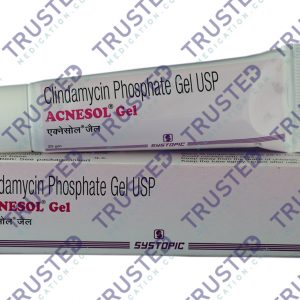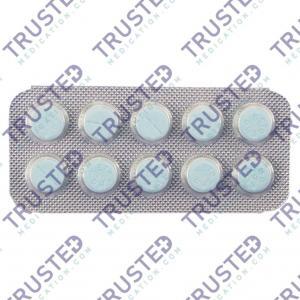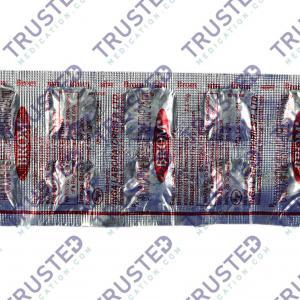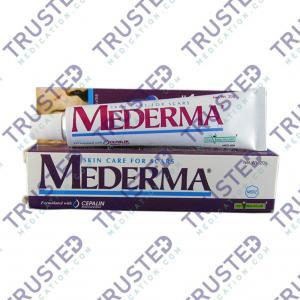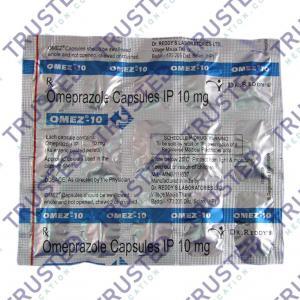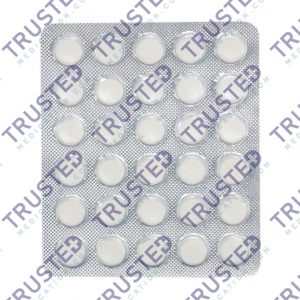
The best way to deal with the discomfort of hot flashes is to take estrogen, but taking this hormone carries risks. Discuss the pros and cons of various treatments with your doctor. If hot flashes don’t interfere with your life, you probably don’t need treatment. Hot flashes subside gradually for most women, even without treatment, but it can take several years for them to stop.
Menopause, It Will Happen Eventually
Menopause is the end of a menstrual cycle of a woman. The years leading up to that point, when women may have changes in their monthly cycles, hot flashes, or other symptoms, are called the menopausal transition or perimenopause.
Menopause usually begins between the ages of 45 and 55. Usually, it lasts about seven years, but it can last as long as 14 years. Depending on lifestyle factors such as smoking, the age at which it begins, and race and ethnicity, the duration can vary. A great deal of variation occurs in estrogen and progesterone production during perimenopause.
In the months or years leading up to menopause (perimenopause), you might experience these signs and symptoms:
- Night sweats
- Sleep problems
- Hot flashes
- Chills
- Irregular periods
- Vaginal dryness
- Thinning hair and dry skin
- Loss of breast fullness
- Mood changes
- Weight gain and slowed metabolism
Symptoms, such as changes in menstruation, can vary from woman to woman. Your periods will probably be irregular before they end.
During perimenopause, women often skip periods. It is not uncommon for menstrual cycles to skip a month and return, or to skip several months before starting monthly cycles again for a few months. In addition, periods tend to occur on shorter cycles, so they are closer together. It is possible to become pregnant despite irregular periods. Consider taking a pregnancy test if you have skipped a period but are unsure whether you have started the menopausal transition.
Ways To Deal With Hot Flashes

Blood vessels sometimes constrict and expand rapidly just before, during, and after menopause. Hot flashes, also known as vasomotor spasms, are caused by these muscle contractions. If you don’t find hot flashes to be very bothersome, you don’t need to treat them. While some women experience hot flashes into their 60s, the symptoms usually disappear after seven years on average. Until then, they can be very uncomfortable, and they can prevent you from sleeping well. Fortunately, relief is available.
- Lifestyle Changes. Lifestyle modifications such as exercise, avoiding alcohol, caffeine, spicy foods, and dressing in layers can help relieve hot flashes. Some women find relief through meditation and other stress-reducing techniques.
- Hormone Therapy. This type of therapy replaces the estrogen lost in menopause. Hormone therapy, is the only treatment approved by FDA for menopausal-symptom relief and is also effective against night sweats, and vaginal dryness, and can prevent bone loss.
- Other Medications. If it’s not possible for you to take hormone therapy, your doctor may recommend medications to help relieve hot flashes such as SSRI, a blood pressure medicine, or a seizure drug.
- Complementary Therapies. Herbal medications like black cohosh, are popular with some women who can’t take hormone therapy or are concerned about its side effects. Supplements, however, can interact with any other medications you may be taking, so make sure to discuss them with your health care provider.
Treatment That Helps With Hot Flashes
The main medication treatment for menopause and perimenopause symptoms is hormone replacement therapy (HRT), which replaces the hormones that are at low levels. HRT involves using estrogen to replace your body’s levels around the time of menopause. There are different types and doses of HRT. Using the right dose and type usually means your symptoms improve.
Medication usually used for hot flashes:
- Progynova 1mg (Estradiol) – the drug works as a replacement for estrogen in women. The loss of estrogen is sometimes caused by ovarian failure and other disorders.
Menopause obliges no medical treatment. Instead, treatments focus on relieving your signs and symptoms and preventing or managing chronic conditions that may occur with aging. On the other hand, before deciding on any form of treatment, talk with your health care provider about your options and the risks and benefits involved with each treatment. Review your options yearly, as your needs and treatment options may change.

